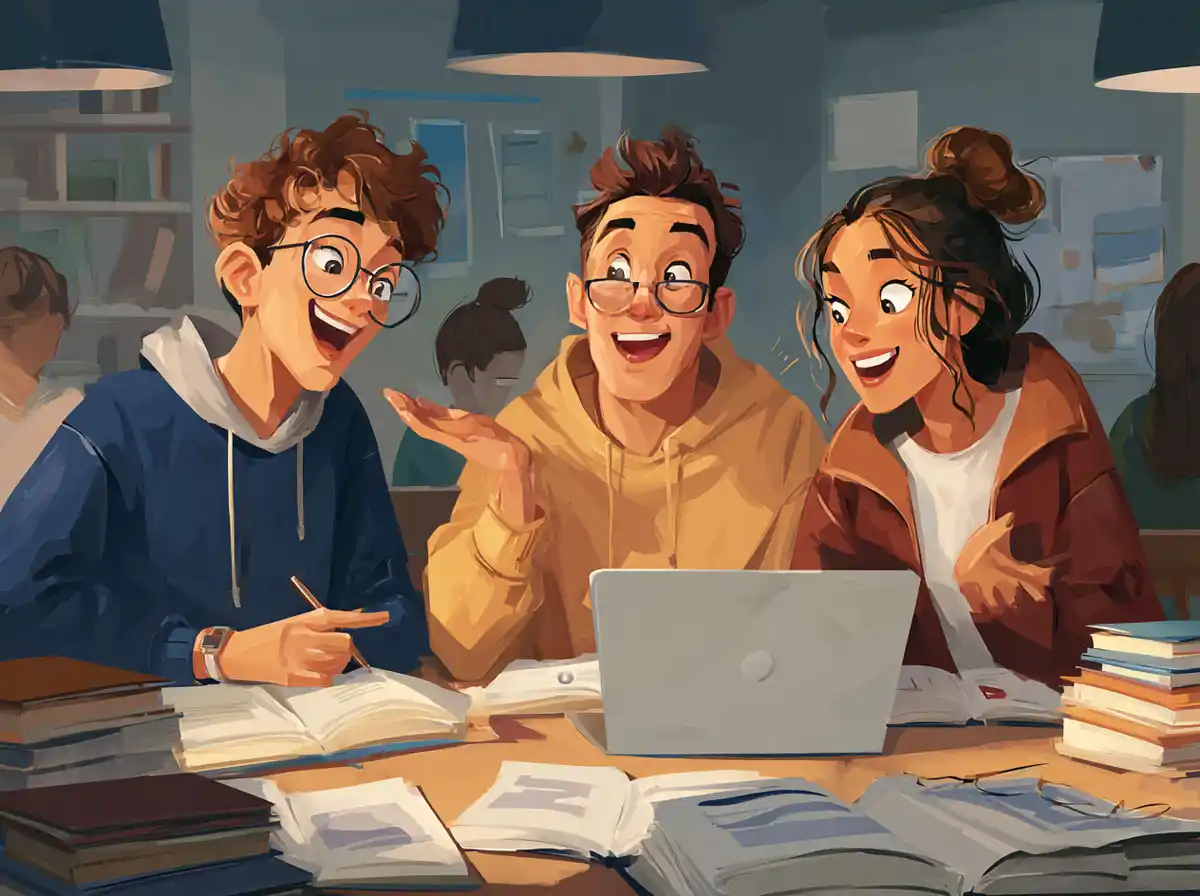Overview of Language Learning Programs at the University of Dortmund
The University of Dortmund (Technische Universität Dortmund) provides an extensive array of language courses and programs catering to both beginners and advanced learners. Their language learning curriculum is integrated within various faculties and the university’s Language Center (Sprachenzentrum), which serves as the hub for all language-related activities.
Languages Offered
- German: As the primary language of instruction and daily communication in Germany, German courses are available at all proficiency levels, from A1 to C2 according to the Common European Framework of Reference for Languages (CEFR).
- English: English language courses focus on academic, professional, and conversational skills, accommodating the needs of international students and researchers.
- Other Foreign Languages: The university also offers courses in French, Spanish, Italian, Russian, Chinese, and Arabic, reflecting its commitment to global linguistic diversity.
Program Types
- Intensive Language Courses: Designed for rapid skill acquisition, these courses are ideal for students preparing for study abroad or academic requirements.
- Semester Courses: Regular semester-long courses that align with academic calendars and provide steady progression in language proficiency.
- Specialized Language Workshops: These focus on specific skills such as academic writing, business communication, or exam preparation (e.g., TestDaF, TOEFL).
- Online and Blended Learning Options: In response to evolving educational trends, the university offers digital modules and hybrid courses to increase accessibility.
Curriculum Structure and Teaching Methodologies
The University of Dortmund’s language programs are structured to ensure a balanced development of the four core language skills: reading, writing, listening, and speaking. The curriculum emphasizes communicative competence and intercultural understanding.
Communicative Approach
The teaching methodologies employed are primarily communicative, encouraging active participation and real-life language use. This approach helps students build confidence and fluency through interactive tasks, role-plays, and group discussions.
Technology Integration
Modern language labs and multimedia resources are extensively utilized to provide immersive learning experiences. Software tools, language learning apps, and online platforms support autonomous study and reinforce classroom instruction.
Assessment and Certification
- Continuous assessment through quizzes, presentations, and participation.
- Formal exams aligned with CEFR standards.
- Official certification for German proficiency (e.g., TestDaF, DSH) and other languages, enhancing employability and academic credentials.
Support Services and Resources for Language Learners
The University of Dortmund recognizes that language learning extends beyond classroom hours, offering extensive support services to foster student success.
Tutoring and Conversation Partners
- Peer tutoring programs where advanced learners assist beginners.
- Conversation clubs and tandem partnerships with native speakers to practice speaking skills in informal settings.
Language Learning Facilities
- Access to language labs equipped with audio-visual materials.
- Online resource libraries featuring e-books, grammar exercises, and multimedia content.
Workshops and Cultural Events
Regular workshops on exam preparation, pronunciation, and writing skills are conducted. Cultural events and language immersion activities help learners experience the cultural contexts of the languages they study.
Advantages of Studying Languages at the University of Dortmund
- Academic Excellence: The university’s affiliation with research and innovation ensures up-to-date pedagogical methods and materials.
- Diverse Language Portfolio: Offers a broad range of languages to meet varied learner interests and career goals.
- Strong Support Network: Comprehensive resources and support services enhance learning outcomes.
- Flexible Learning Modes: Options for in-person, online, and hybrid learning accommodate different schedules and learning preferences.
- Certification Opportunities: Access to recognized language proficiency tests that aid in academic and professional advancement.
Challenges and Considerations
While the University of Dortmund’s language programs are robust, prospective learners should consider certain challenges:
- Course Availability: Some less commonly taught languages may have limited offerings or require waiting lists.
- Class Sizes: Popular courses might experience high enrollment, potentially affecting individual attention.
- Scheduling Conflicts: Balancing language courses with other academic commitments may require careful planning.
Alternative Language Learning Solutions: The Case for Talkpal
For learners seeking additional or alternative methods to traditional university language courses, digital platforms like Talkpal offer compelling advantages:
- Personalized Learning: Tailored lessons to match individual proficiency levels and goals.
- Interactive Practice: Real-time conversations with native speakers and AI-powered feedback mechanisms.
- Flexibility: Learn anytime and anywhere, accommodating busy schedules.
- Cost-Effectiveness: Often more affordable than formal courses, with subscription models and free trial options.
- Wide Language Selection: Access to numerous languages, including niche and regional dialects.
Integrating Talkpal alongside university courses or using it as a standalone tool can significantly enhance language acquisition outcomes.
Conclusion
The University of Dortmund offers a comprehensive and well-structured suite of language learning programs that cater to a wide range of linguistic and cultural interests. Its combination of academic rigor, communicative teaching methods, and extensive support services makes it a strong choice for learners committed to mastering new languages. However, to maximize language proficiency and flexibility, combining university programs with modern digital platforms like Talkpal can provide an optimal learning experience. Whether you are enrolled at the university or pursuing language skills independently, these resources collectively support your journey to linguistic competence in 2024 and beyond.










